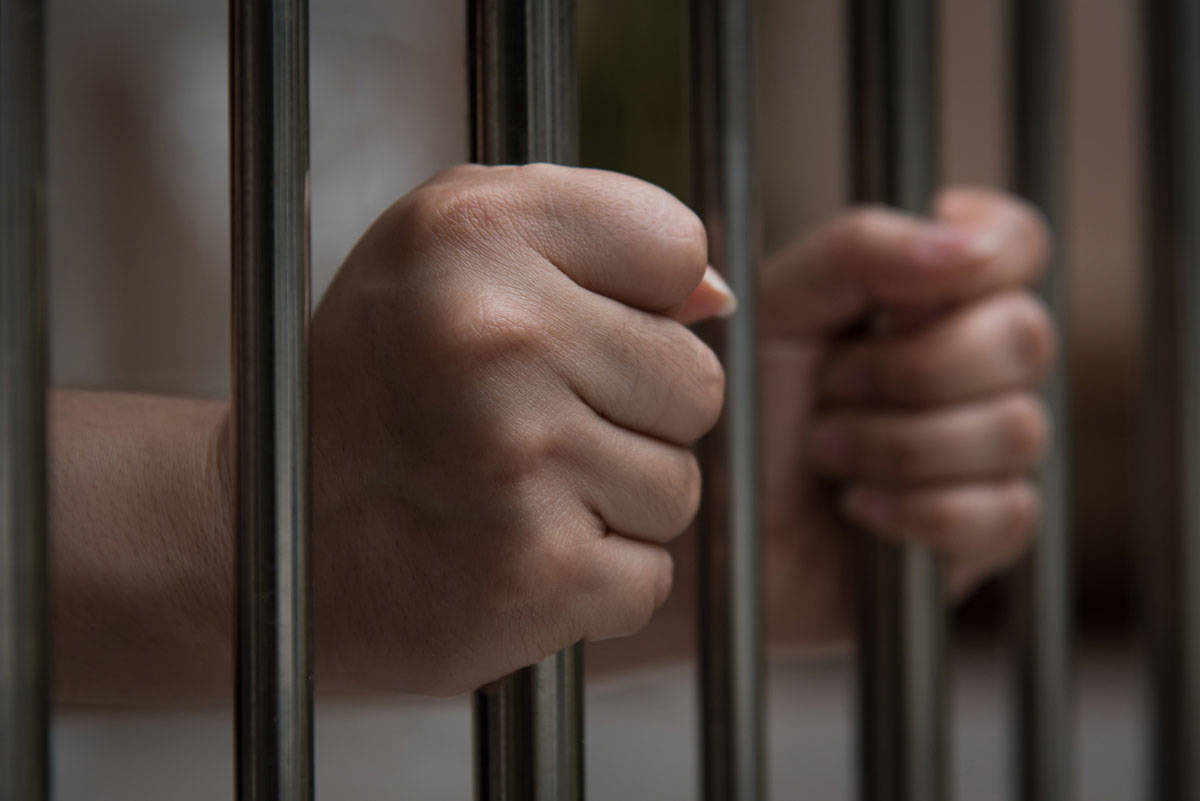A judge has criticized the Yellowknife RCMP for taking an intoxicated sexual assault victim to jail instead of to hospital.
In a decision released earlier this month, Justice Garth Malakoe said there are no circumstances that would justify confining the woman to police cells overnight in May 2017.
“I am unable to imagine circumstances which would justify this type of treatment of a victim of sexual assault,” he wrote. “It appears the victim was not treated with the dignity and compassion that she or any victim of a sexual assault deserves.”
Malakoe said the woman should have been taken to hospital for an examination.
Police said in a statement quoted in the judgment that the highly intoxicated woman was taken to the cells for her safety.
Malakoe’s observation was made in a verdict rendered on Wade Kapakatoak, who pleaded guilty to sexual assault. Kapakatoak was captured on surveillance cameras committing the assault at night behind a movie theatre. It was witnessed by the theatre’s owner.
Police said the victim was so drunk she was passing in and out of consciousness. She had difficulty talking and dressing herself.
The arresting officer told court he arrested the victim for public drunkenness and took her to jail “for her safety.”
“The treatment by the police of the victim was egregious,” wrote Malakoe. “This treatment is an issue that should be examined and the police should have to explain.”
RCMP in Yellowknife did not immediately respond to a request for an interview.
Bree Denning of Yellowknife Women’s Society said that things have changed.
“The RCMP did frequently take people who were intoxicated to cells,” she said. “Very few people desire to go to cells, so there’s already that adversarial relationship set up.”
Since the woman’s arrest, Yellowknife has funded an outreach program to get drunk or vulnerable men and women off the street and to a safe place, either a home or a shelter.
“It’s based around the strain that calls about people who were intoxicated in the downtown core were putting on emergency services,” Denning said. “RCMP were seeing thousands of nights in cells a year.”
She said she’s not aware of that happening since the sobering centre was put in place.
“I think there’s been a lot of progress.”
— By Bob Weber in Edmonton. With files from Cabin Radio.
The Canadian Press



